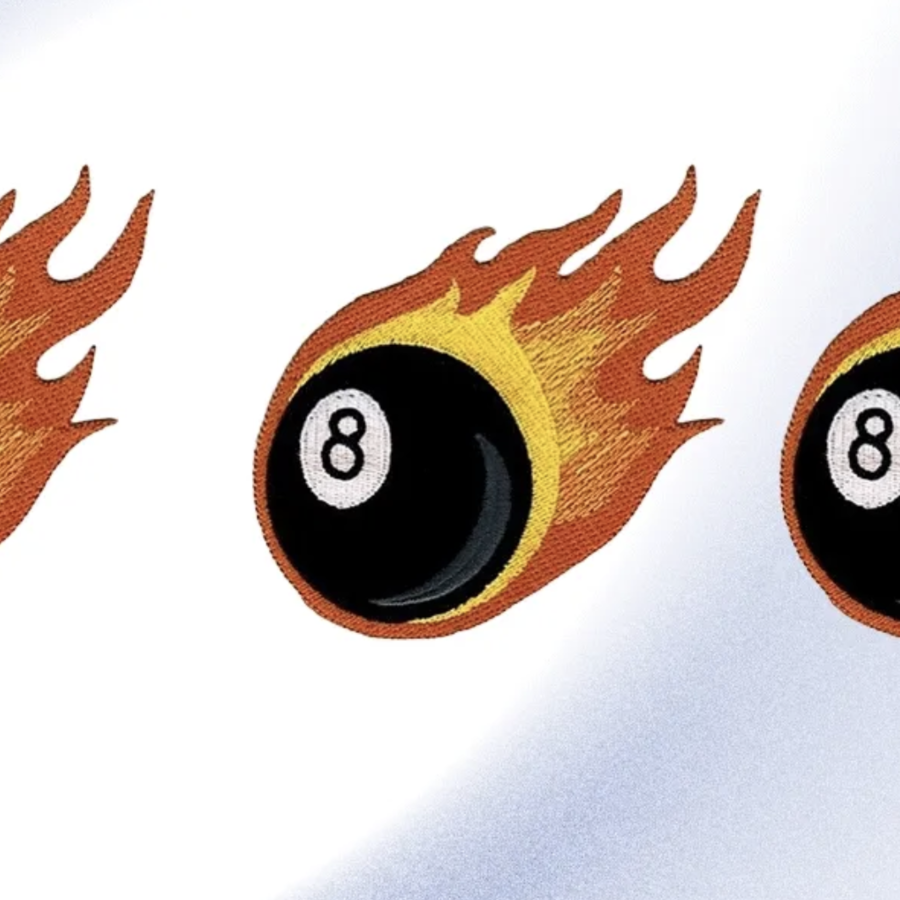Every man has encountered people at some point in life who seem to say: “You need to treat me differently.” This isn’t just a whim or a desire for attention—behind such behavior lie habits, personality traits, and inner motivations that affect interactions. Understanding these qualities helps not only to read people better but also to communicate without unnecessary stress.
Here are 13 signs of people who expect special treatment:
Sense of Entitlement
Imagine a long line at a café. Suddenly, someone cuts in, as if their time is more valuable than yours. This is a sense of entitlement—a belief that rules don’t apply to them. It is often ingrained from childhood: being constantly praised, protected, or told they are special. For them, exceptions are not privileges but the norm.
Egoism
These people focus only on themselves. They don’t care what others think or feel. They might change plans at the last minute or shift their responsibilities onto friends or colleagues, expecting the world to revolve around them. Ironically, this often leads to loneliness: the more they demand, the less reciprocity they receive.
Lack of Empathy
People without empathy are like wearing dark glasses—they only see their own needs. They cannot understand why general rules exist or why a special request may affect others. Their world is limited to their desires, and the consequences for others seem irrelevant.
Insecurity
Behind the desire for special treatment often lies the fear of being unnoticed. Seeking attention serves as a shield that helps them feel valued. Such individuals persistently seek recognition to fill an inner void and prove their worth.
Manipulativeness
Some people don’t just ask for special treatment—they pressure others. Phrases like “After everything I’ve done for you” or exaggerating the consequences of a refusal are classic manipulative tactics. Over time, these strategies become exhausting and create guilt in those around them.
Unwillingness to Compromise
Imagine a group of friends: one insists on a luxury hotel, while everyone else prefers something simpler. People accustomed to special treatment rarely make concessions. For them, compromise feels like a loss of control, and irritation at others’ wishes is a natural reaction.
Low Frustration Tolerance
Even small delays or inconveniences irritate them. Coffee is late—“Serve me faster.” The meeting starts late—“I can’t wait.” They expect the world to follow their rules, and even minor discomfort becomes a reason for complaints.
Weak Personal Boundaries
These individuals often fail to respect others’ limits. They may change plans at the last minute or ask favors, expecting their “no” to be ignored. This creates tension and a sense that others must constantly yield.
Impatience
If someone cannot wait, they demand that everything around them speeds up. Any delay feels unbearable, often leading to conflicts with others.
Rigid Thinking
For them, the world is black or white: everything must go according to their rules. Deviations are perceived as threats. This attitude hinders flexibility, compromise, and healthy communication.
Constant Comparison with Others
“If they have it, I deserve it too.” Constant comparison fosters the feeling that the world must grant them exceptions. This turns demanding special treatment into a habit rather than a rare exception.
Unbalanced Social Expectations
Sometimes people simply believe their needs are more important than everyone else’s. Friends should change plans, colleagues should take over tasks—without question. This destroys balance in relationships and creates ongoing dissatisfaction.
Narcissism
Not necessarily a clinical diagnosis, but often present: a constant need for attention and admiration, feeling that the world revolves around them. Relationships with such people are often one-sided, heavy, and demanding.


















